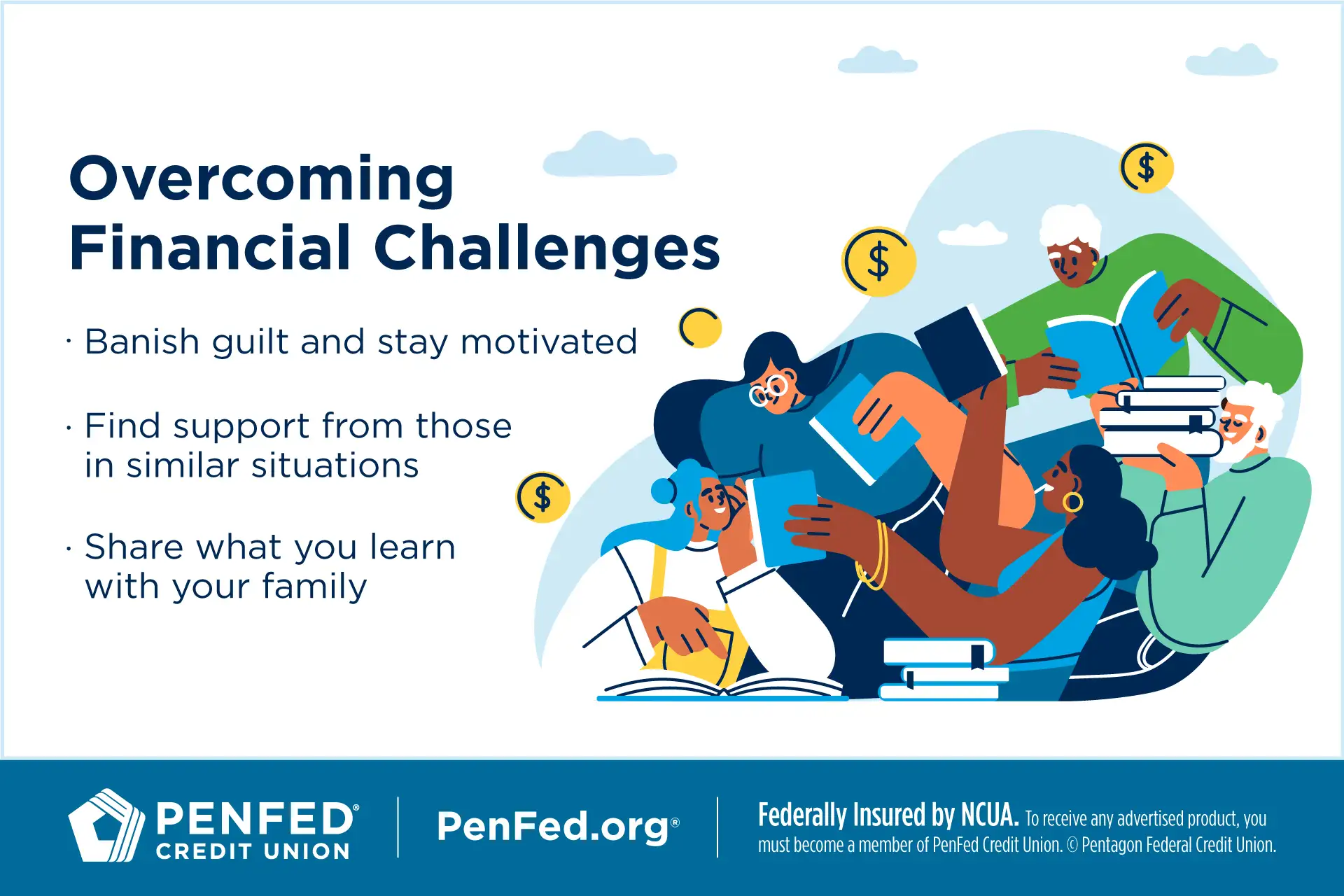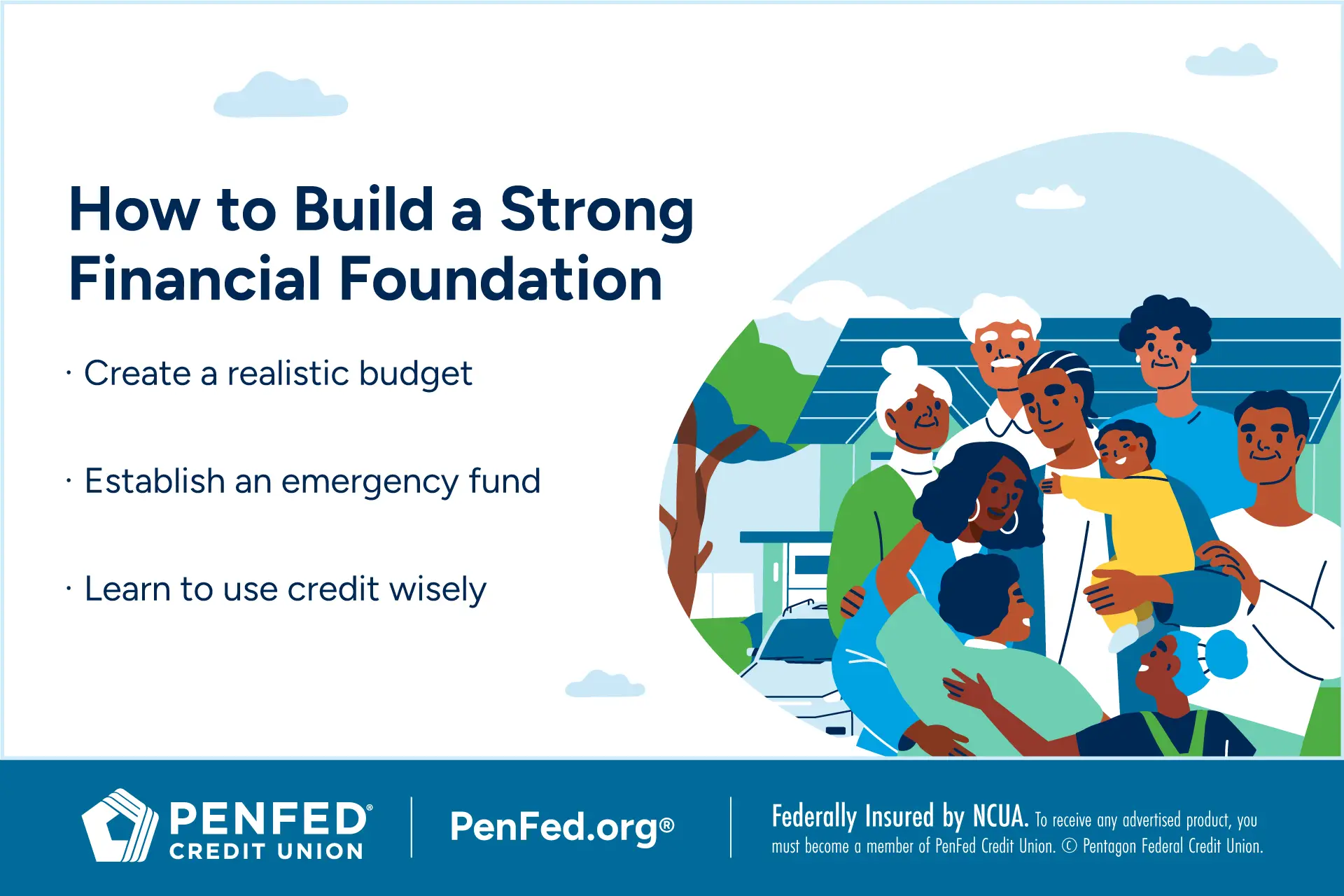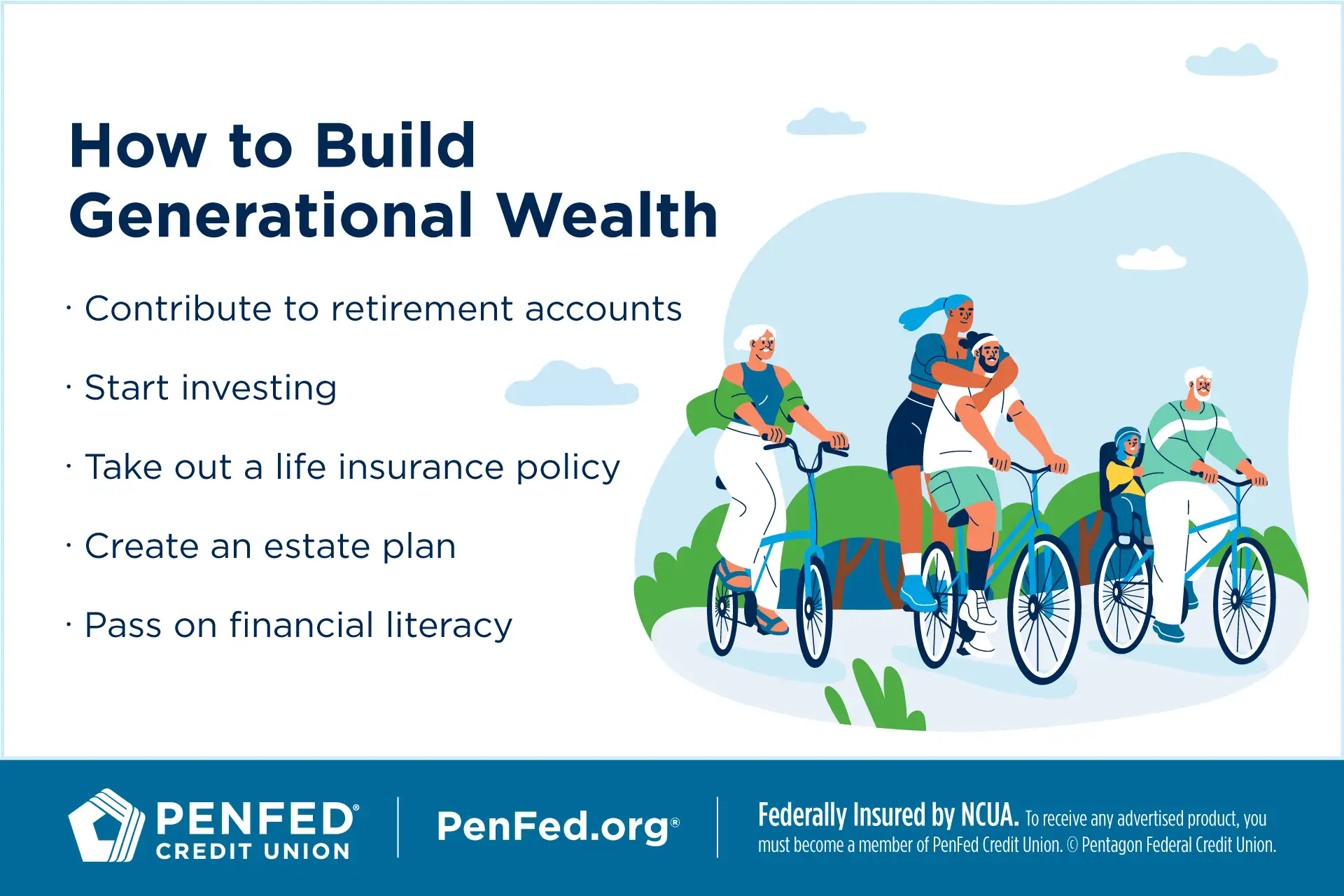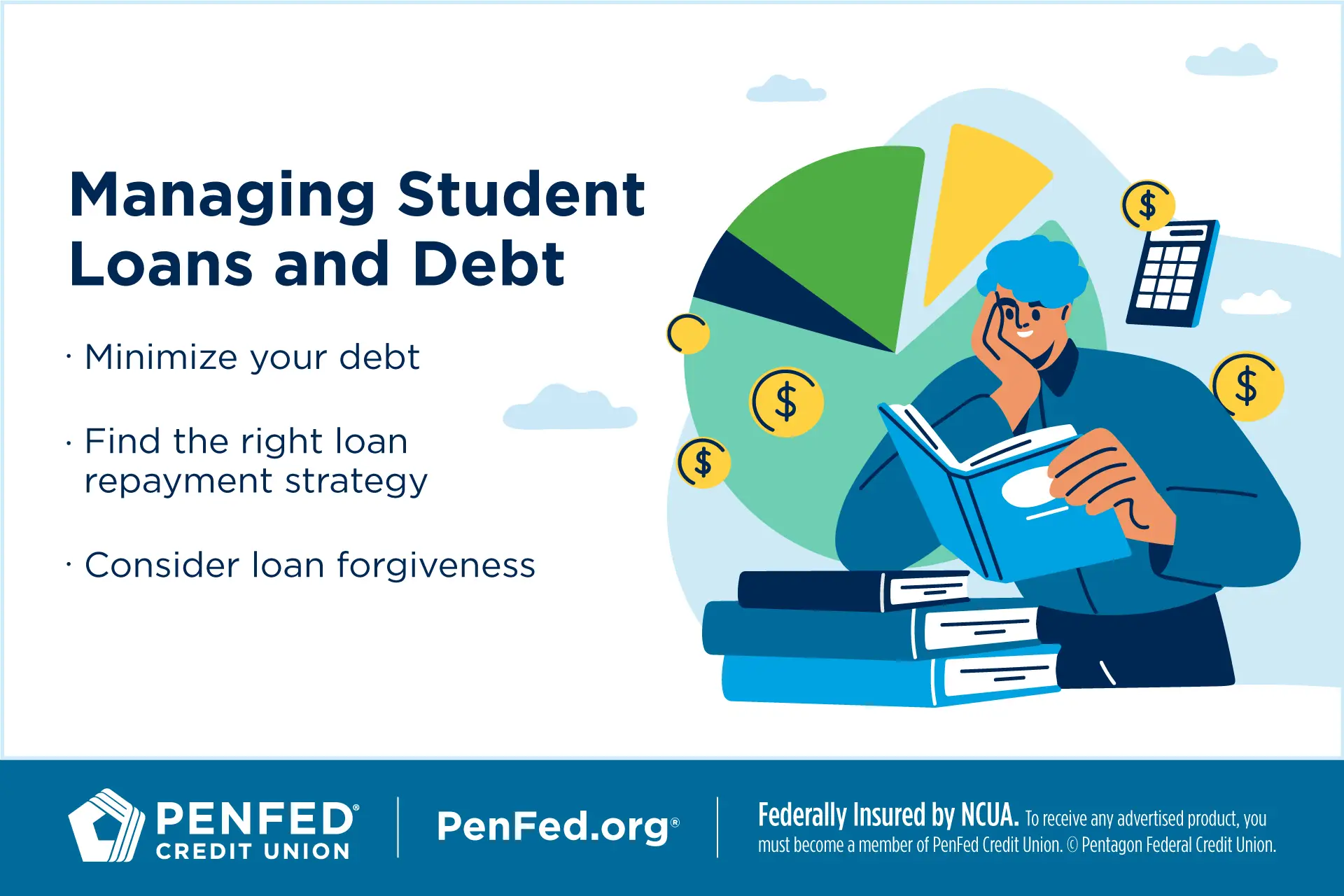Finance
Personal Finance Tips for First Generation Wealth Builders
What you'll learn: How to overcome financial adversity
EXPECTED READ TIME: 8 MINUTES
Being the first to do something is hard, whether you're the first-born child, the first to go to college, or the first to grow up in a new culture. You are the trailblazer who forges a new path, and while that can be exciting, it can also be uniquely challenging. Managing your finances is essential for navigating that path well.
Let's get started.

Why Is Financial Literacy Important?
Financial literacy is understanding how to effectively manage money and use common financial tools for your benefit. In other words, it involves the basics — such as budgeting, paying bills, and saving — as well as more advanced things like investing, managing debt, and utilizing credit.
Financial literacy is a skill that you can develop and improve. Just as with driving, it requires study and practice before it starts to feel natural. Making informed financial choices doesn't just feel empowering — it can improve your life in just about every area, from reducing stress and anxiety to helping you build the life you've dreamed of.
Although your journey is different — and possibly less straightforward — you can achieve the life you're working toward.
Building a Strong Financial Foundation
Many people cite lack of financial education at home as the main barrier to financial success in adulthood. If your parents never talked about financial literacy, and you never really heard about it in school, you might not realize everything you can do — even with limited resources.
Financial literacy is especially important for people who don't come from established families with generational wealth. You may not receive as much financial support from your family as other people, but you can still achieve financial stability by creating a good foundation and staying informed.
You can still achieve financial stability by creating a good foundation and staying informed.
Create a Realistic Budget
Once you begin making money, budgeting is the first step in taking control of your finances. It starts with tracking your monthly income and expenses. You can use a notebook, a spreadsheet, a Post-it type note — whatever works best with your lifestyle. Who knows, your checking account might even have a baked-in track spending feature.
A good budget covers your immediate costs while also helping you to plan for the future through saving. Saving helps you reach goals (like buying a house), but it also protects you from extra, unexpected costs such as car repairs or doctor's visits.
If you're spending more than you're making, you'll need to decide what to cut. Usually that means cutting down on entertainment and recreation, but it's important not to deprive yourself completely. If you cut too much too quickly, your plan might backfire and you could end up swiping your credit card in a moment of weakness.
So, if you have to cut down on entertainment, but seeing a movie or catching a live show helps you cope with the stress of life, look for free events or discount days at the theater. If you're really organized, you can even live off free trials for a little while — just make sure to set reminders to cancel them before the deadline!
If you're making more than you're spending, you'll need to decide what to do with your leftover income. From stocks to certificates to charitable contributions, allocating your overflow can feel overwhelming — but it doesn't have to be with the right guidance.
There are many strategies for budgeting, but the best choice is the one that you're comfortable using. It's OK to try one method for a while and change to another if the first method doesn't feel right. Regardless of what method you settle on, review your budget regularly and make adjustments as needed.
Establish an Emergency Fund
An emergency fund is money set aside for unforeseeable, unavoidable situations such as illness or job loss. If disaster strikes, you call fall back on these savings instead of turning to credit cards or falling behind on your bills. Experts suggest setting aside enough money to cover your essential expenses for 3 and 6 months.
The thought of saving enough money to cover your expenses for 3 months might be intimidating, but you can start building your emergency fund slowly with small, regular deposits. You can save faster by keeping your emergency fund in an interest-bearing account, like a high-yield savings account (also known as HYSA) or money market account.
You can save faster by keeping your emergency fund in an interest-bearing account, like a high-yield savings or money market account.
Learn to Use Credit Wisely
Although some cultures view debt negatively, carrying a manageable amount of debt is normal in American culture. Odds are, you'll have to rely on a car loan or mortgage at some point. A healthy credit history will unlock better borrowing opportunities when that time comes.
A good credit report improves your chances of being approved for loans and can help you get lower rates on money you borrow. You can establish a healthy credit history by paying your bills on time and covering at least your minimum monthly payment. Over time, that record of good payments will raise your credit score.
Taking on debt might be scary, but not all debt is bad. Learning to borrow thoughtfully and manage your debt responsibly will help you more than avoiding debt altogether. However, you can also start by building credit without taking on debt if that fits your current situation better.

Establishing First Generation Wealth
Generational wealth is a term used to describe the money and assets a family has accumulated over multiple generations. A family's generational wealth can include cash, but it could also include houses and property, stocks, life insurance policies, heirlooms, and businesses.
Being born into a family with generational wealth gives you a leg up. For example, if your grandparents own a house, it's likely that house is paid off (or the mortgage is at least paid down) and has gained equity. That house and its accumulated wealth will pass to your parents and then to you.
70% of college students ages 22-59 who had at least one parent who earned a bachelor's degree completed a bachelor's degree themselves.
Having college-educated parents has a similar impact on your life. One study from Pew Research found that 70% of college students ages 22-59 who had at least one parent who earned a bachelor's degree completed a bachelor's degree themselves. Only 26% of their classmates whose parents didn't complete a bachelor's degree finished their own bachelor's degree.
If you're a first-generation American or wealth builder, your family may not have the generational wealth of people whose families have lived in the United States a long time or who have gone to college for generations. It can feel like you've fallen behind before you've even started. You may also find that traditional advice that works for other people doesn't completely meet your needs.
None of this means you can't be successful. What it does mean is you may have to find a different path to success. Here are some ways you can start building generational wealth in your family.
None of this means you can't be successful. What it does mean is you may have to find a different path to success.
Contribute to Retirement Accounts
Retirement accounts offer special tax advantages that other options (such as savings and certificates accounts) don't. The money in these accounts grows through a combination of compound interest and investments that yield dividends.
Employer-sponsored retirement accounts like a 401(k) are the best option for most people because your employer will match up to a certain percentage of your monthly income. Even if your employer match is small, it's extra money that will gain interest over time.
There are many self-funded retirement options if your employer doesn't offer a sponsored retirement plan. IRAs are a popular choice that allow you to save pre-tax income and pay tax when you withdraw it. There's also the Roth IRA that lets you save post-tax income and withdraw it in retirement with the taxes already paid.
Some people use their Health Savings Account (HSA) to save for retirement as well. An HSA allows you to save pre-tax money for health expenses in the future. Like a 401(k) and IRA, money in an HSA is invested and earns dividends you can draw on once you turn 65.
Start Investing
You might think of stocks when you hear the word "invest," but that's just the tip of the iceberg. There are many types of assets you can choose from depending on:
- How much you want to spend
- How much research you're willing to do
- How much risk you're willing to take
- How liquid or illiquid you want your assets to be
High-yield savings accounts, certificates, and bonds are investments that cost very little to open. They offer some of the lowest yields, but they're a good starting point because they carry virtually no risk and offer predictable results.
High-yield savings accounts, certificates, and bonds are investments that cost very little to open.
Dividend Index Funds and Exchange Traded Funds (ETFs) enable you to invest in groups of stocks instead of individual stocks. These groups of stocks often outperform individual stocks, and they're generally considered easy, inexpensive, and low risk. Reinvesting the dividends from these assets over time can lead to larger dividends.
Even if you're feeling unsure, it's better to start investing in low-risk investment options now. Investments take time to mature, so waiting will limit how much your investments can do for you. Once you're comfortable with lower-risk options, you can investigate more high-risk, high-reward choices or work with a financial advisor to improve your investment strategy.
Take Out a Life Insurance Policy
Life insurance is one way you can leave a (usually) non-taxable inheritance for those you love. Once you open a policy, you'll pay a monthly premium. Upon your death, your insurance company will pay an agreed upon amount to your beneficiaries.
There are two main types of life insurance:
- Term life that pays out if the policy holder dies during a certain time period. This is the more affordable option marketed to young people in good health.
- Permanent/whole life covers you for your entire life and grows savings over time.
The cost of life insurance varies based on your age, gender, health, and lifestyle factors (such as smoking), as well as the amount of coverage you choose and the type of policy you select. It's best to shop around and compare policies from multiple companies. You may also be able to get special group rates through your employer, civic organizations, or other membership groups you belong to (like some credit unions).

Create an Estate Plan
An estate is made up of everything you own, from your car and house to your hobby collection and favorite chair. Estate planning means making legal preparations for what happens to your stuff after you die. Depending on your needs, your estate plan can include:
- A will
- Trusts
- A power of attorney who can act on your behalf
- Healthcare directives telling relatives what to do if you are unwell and unable to make decisions for yourself
Estate planning isn't just for wealthy people. Having a plan in writing makes it easier for anyone to transfer their property to potential heirs. Your estate plan can protect minor dependents and prevent family squabbles. It can also reduce the amount of tax your heirs have to pay.
Teach Your Kids About Money
Never before has there been so much intention to the way we live and parent and relate to each other. So don't be afraid to have the money talk early and often. As a first-gen wealth builder, you're having to learn about money the hard way. You can make it easier on your kids and grandkids by speaking openly with them about money and sharing your values around money with them.
How? Focus on exposure to the process and the fundamentals rather than throwing them in the deep end of adult-level money management. Teach youngsters about interest and dividends, budgeting, and how to determine needs vs. wants. Take them to a branch and let them sit with you while you open an account.
Instilling good money habits in your children from a young age will set them up to be successful now and in the somewhat unpredictable future. It's also an important way to help your descendants manage — and grow — what you leave them so your legacy benefits them for a long time.
You can make it easier on your kids and grandkids by speaking openly with them about money.
Filing Taxes
While many countries simply calculate and bill their citizens, the U.S. tax system requires citizens to file their taxes themselves. You'll need to save financial documents like your W-2 from work and your 1098-E Student Loan Interest Statement to use when filling out your tax paperwork. (These are mailed or made available online sometime between January and March.)
The specific form you complete for your taxes will depend on your status as a citizen, resident alien, or non-resident alien. You can use free or paid software to complete your tax paperwork, or you can pay a professional to prepare your taxes for you. Either way, you'll want to use tax credits and deductions to reduce the amount you owe.
You can use free or paid software to complete your tax paperwork, or you can pay a professional to prepare your taxes for you.

The best way to minimize debt is to budget, live frugally, and borrow only what you need.
Loan Repayment Strategies
Federal student loans come with a default 10-year repayment plan. This option makes repayment easy because your monthly payments are fixed for the life of your loan, but the payments are usually higher than those of other plans.
There are also graduated and income-based repayment plans that may be easier to manage. You will have to qualify for these plans, but you can do that by contacting your loan servicer.
Loan Forgiveness
You may qualify to have your federal student loans forgiven if you're a teacher, government employee, nonprofit employee, or medical professional, or you have a disability that prevents you from working.
You can apply for loan forgiveness on the Federal Student Aid website. You'll need to pay on your loans until your application is approved, and in some cases you may have to make a certain number of payments before the rest of your loans are forgiven.
Seek out people in situations similar to yours to find support and guidance.
Overcoming Financial Challenges
It's easy to feel behind or overwhelmed navigating a new system. Many first-gen college students may feel guilty about the money they're spending on school and the time away from family. Seek out people in situations similar to yours to find support and guidance.
In some cases, the choices you make may be different from the way your parents or grandparents did things. You may have to share your new financial literacy with them to get them onboard with your decisions.
The Takeaway
Although your journey is different — and possibly less straightforward — you can achieve the life you're working toward. It just takes time, planning, and patience to let yourself flourish. The good news is you're already on your way!
Bank With Confidence
Discover the diverse offering of products, services, and support available to our members.




